Cet article est également disponible en : Français
I’m sitting at a table in a small, low-rent house that serves as a restaurant. The walls are made of pisé, the roof of thatched metal sheeting, derisory thermal insulation in the face of the clammy heat. The tablecloths are green and the chairs are made of wood. Above me, a fan is running, giving me a feeling of freshness. The monsoon is approaching. My coffee cup is empty. I order a mango juice.
Through the barred window, I watch a man ploughing his field. But here there is no engine roar, no nothing, no noise, except perhaps that of my ventilator. On my left, two birds are courting each other. Unless they’re bickering. I return to my contemplation of the ploughman. In one hand he holds his ploughshare, in the other a long bamboo stick which he uses to steer the two oxen acting as a tractor. A little further on, I see the curved silhouette of a woman. But she is too far away for me to discern what she is doing. A little closer, a young boy is washing his school uniform in the river: a shirt, pants and a tie. When he’s finished, he will lay it on the fence that separates the little house where I am from the surrounding fields. It is made of bamboo, just like the bridge over the little river. I also note that the frame of the house itself is made of bamboo. Only the frame and the master pillars are made of wood. A young girl is repairing a piece of wall, a bucket of mud at her feet. She carefully spreads the clay soil over the chipped part. In a few hours, once dry, nothing will be left to distinguish the repaired part from the rest of the wall. I observe her. She must be 17 or 18 years old. She reminds me of the mistress of the dragons in “Games of Thrones”. She’s of average height, but tall, she often has a nice smile that is full of kindness. On my left, a young cow approaches nose to wind. She has a mischievous “je ne sais quoi”. I quickly understand that she has spotted the grains of wheat drying on a mat on the ground. But the girl saw it too, and armed with a stick she quickly chased the little thief away.
I’ve been in Nepal for only 3 days now. At the border crossing, on the Indian side, a woman in Sari stamps my passport. She is hot. Me even more so. That day, no fan comes to cool the poor bipeds that we are. There hasn’t been any electricity for two days. A storm has uprooted many trees, cutting down power lines at the same time. She uses her mobile phone to check my identity with a man who I imagine is sitting under a cool fan in an office somewhere.
Once the steps are completed on the Indian side, I ride through Utopia and head towards the Nepalese customs. I stop at a first checkpoint and fill in a register. All around me, people in oxcarts or on bicycles come and go. There are quite a few cars. And no trucks, which is hardly surprising: the passage over the dam over the river I crossed a few moments earlier is much too narrow for them. The atmosphere is good-natured and the gabelous are smiling. It is the most peaceful and bucolic customs that I have been given to cross since the beginning of this trip. I’m heading back to the next post. Utopia’s engine is running perfectly despite the loss of compression on one of the cylinders I diagnosed a few days ago. I stop in front of the vehicle import declaration offices. A young cow is lying quietly in front of the counter. I hesitate to step over it. The woman beckons me to walk around the building to meet her inside. I fill in a second register, but this one is about Utopia’s pedigree: Make, model, year of birth, construction pardon, registration, engine and chassis number. I take the opportunity to consult the history. Very few vehicles registered in France: I see only 3 over 2 years. I discuss a moment with the woman while leafing through my passport. I notice that no stamp has been put to validate my entry into Nepal at the first control. I ask the question in amazement.
– You did not go to immigration? she answers me.
– Uh… where is it?
– Along the road, 100 m from here.
In fact, I passed by without seeing them. And nobody stopped me.
Once all the formalities are completed and my passport duly stamped, I take the road again in the direction of a first national park: Bardia. The first kilometers are enchanting. The number of oxcarts far exceeds the number of cars. Nepal, at least in its western part, is a rural country. But not of the mechanical and desert-like rurality that we now know in Europe. Not here reigns a lost rurality. From the one that our grandparents must have known, where men and beasts mix in a kind of rough but benevolent languor. The countryside is green. As the miles go by, one thing becomes clear to me: I’m going to love Nepal.
I arrive at the Guesthouse, chosen at random among those indicated on an “apps”, intended for frequent travellers, “iOverlander” at nightfall.
The tar has given way to a track of deep, freshly laid gravel and so it is with care that I travel the last 20 kilometers by the glow of the bad Utopia lighthouse.
The boss informs me that he has only one other customer at the moment: a young Frenchman, Maxime. He is already asleep: tomorrow he is going on a walking safari in the nearby park. It doesn’t take me 30 seconds to make up my mind and I’m going on the safari planned.
The dawn is still asleep when the boss knocks on my door. Half awake, I arrive in the common room. Max is already there. He’s finishing his breakfast. I am barely sitting down when a plate of banana and honey pancakes is placed in front of me. I ask for coffee and start a conversation with Max. He has been backpacking for a few months. He finished his master’s degree in biophysics last year and gave himself a year before starting a doctorate. At least that was the plan. But the trip is changing the outlook and he’s no longer too sure he wants to continue his studies.
Our two guides, Prakash and Denize, explain the instructions: No talking out loud and no red, yellow or white clothing. In the park, if you come across a rhinoceros, run and if possible climb a tree. If it’s a tiger, face it and back up slowly without losing your eyes. I don’t hear the instruction about elephants, my imagination is stuck on the face-to-face with the tiger. I check my equipment: knife, sunglasses, camera, GoPro, binoculars, cap and a bamboo stick that Prakash hands me. My imagination, rather fertile, makes me imagine that I smash it on the muzzle of a tiger in full load. We embark 4 liters of water each, lunch and we leave.
Once the entry formalities are completed, we slowly sink into the depths of the park. Very quickly the savannah gives way to a rather sparse forest. Evidence of the presence of the tiger is more and more numerous: footprints of course, but also traces of claws on the trunks of trees, or marking of territory along the paths: the tiger digs the ground with its paw and urinates on the blood thus made. The frequency of these marks leaves no doubt: the trail is extremely frequented by the tiger. Denize explains to me that this area is the territory of 3 tigers: one male and two females. Here and there, we come across the tracks of other occupants of places: wild peacock feathers, rhino or elephant dung. After two hours, we stop near a river at the foot of a tree. The other bank is bordered by tall grass. The heat becomes stifling. Denize climbs the tree and falls asleep again in the branches. Prakash is on the lookout. Less than an hour later, I see my first tiger. He is quietly drinking. I watch him through binoculars. The beast is massive. It gives off an impression of quiet strength. In my head turns this idea: I am on foot within 100 m of a tiger. Only the river separates us. But a tiger is swimming. Denize wakes up a little disappointed that she doesn’t have it. He suggests we continue to go deeper into the park but warns us: it becomes more risky. Max and I don’t hesitate for a second: go! go! go! go! go!

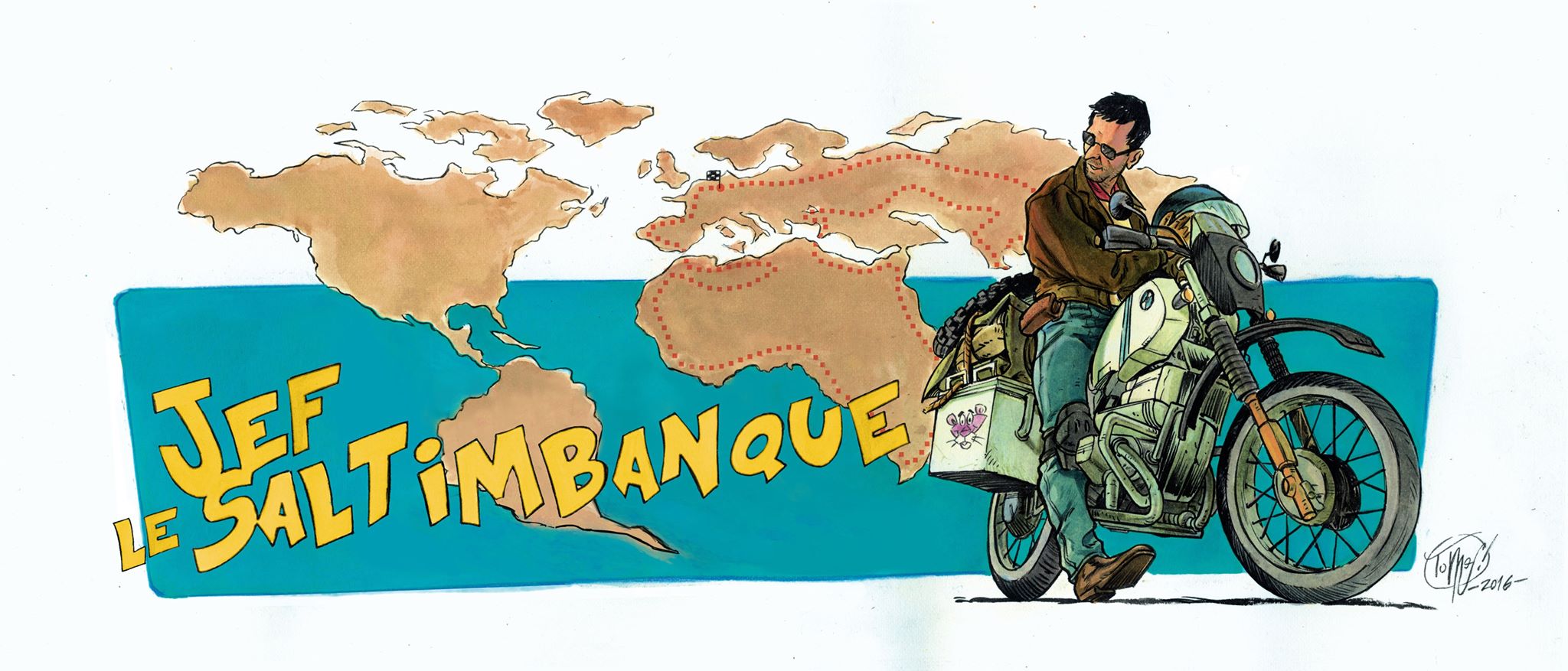
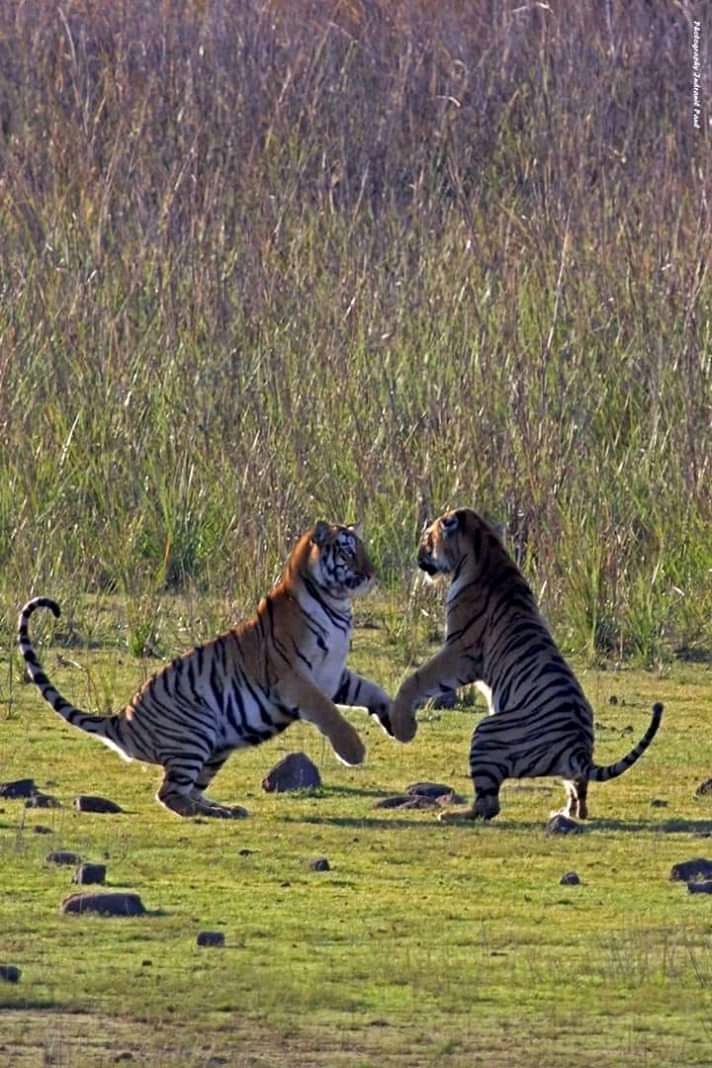
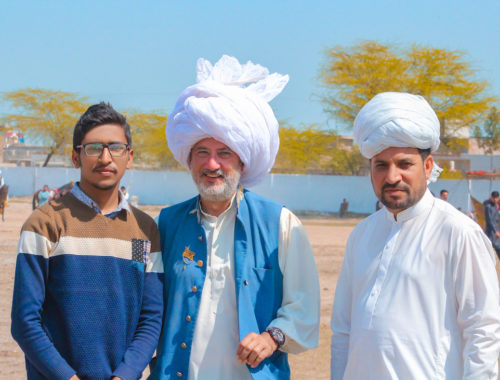
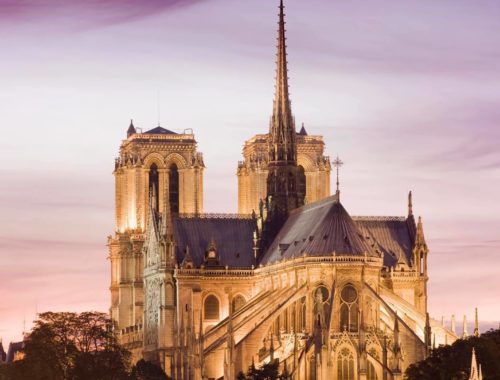
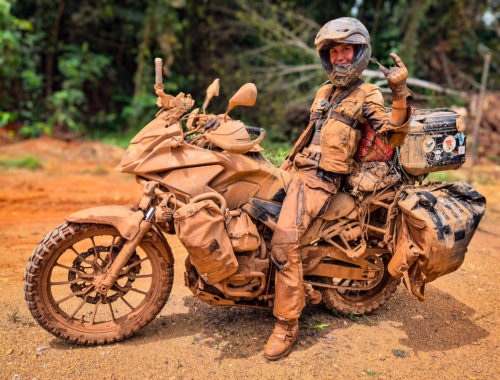
No Comments